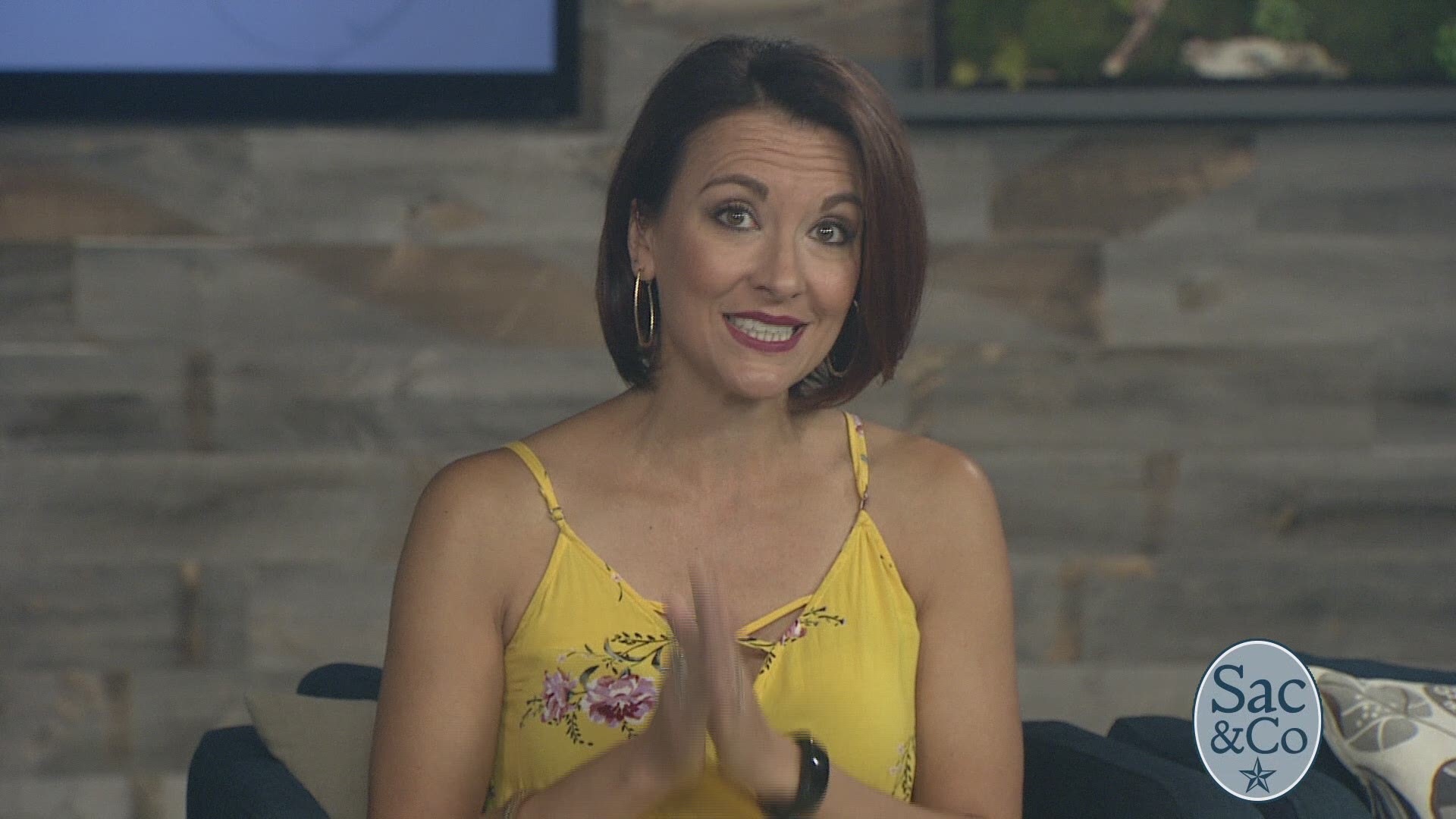The case of a Denver 9-year-old who ended his life after coming out as gay to his classmates illustrates the serious harm bullying can cause.
Bullying can have serious consequences for children and those consequences may last for years. Parents might feel helpless to protect their child, or let emotion take over. Conversely, they might minimize or downplay the seriousness of the problem.
Experts have guidance to help parents help their children, whether they are bullying or being bullied.
What to do if your child is being bullied
Listen: Let your child talk about his or her experience without assuming he or she did something to provoke the bullying.
Empathize: Tell him or her bullying is wrong, and you're glad he or she had the courage to tell you about it.
Show self control: Don’t overreact and don’t encourage physical retaliation.
Reach out: Contact school personnel with your concerns and work with them to help solve the problem. If you or your child need more help, reach out to a school counselor or therapist.
Provide tools: Encourage the child to reach out to friendly students at school or help him or her find new friends outside of school. Encourage the child’s interests in hobbies and activities that can build resiliency in difficulties like bullying.
Love: Provide a safe and loving home environment.
What to do if your child is bullying
Be clear: Bullying is not OK and you are taking it seriously.
Be consistent: Make rules and provide praise for following them, or ‘logical consequences’ (non-physical) when rules are broken (such as losing use of social media or the phone to contact friends).
Be present: Spend time with your child. Know your child’s friends and keep track of his or her activities and free time.
Provide tools: Encourage your child to participate in positive activities, such as clubs, music lessons, and athletic activities.
Reach out: Share your concerns with your child’s teachers or other school personnel and work with them to let your child know the bullying must stop. If you or your child need more help, reach out to a school counselor or therapist.

